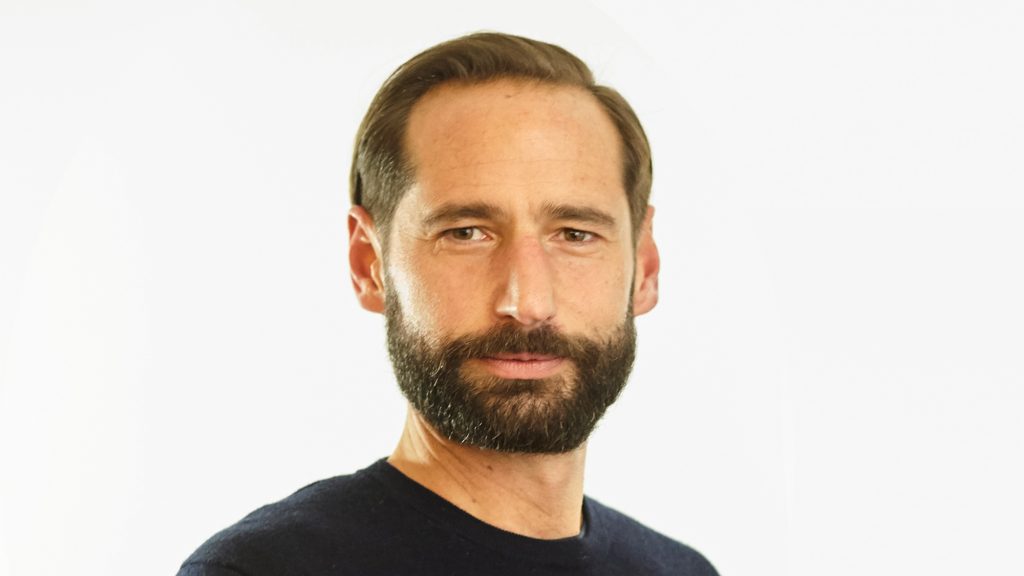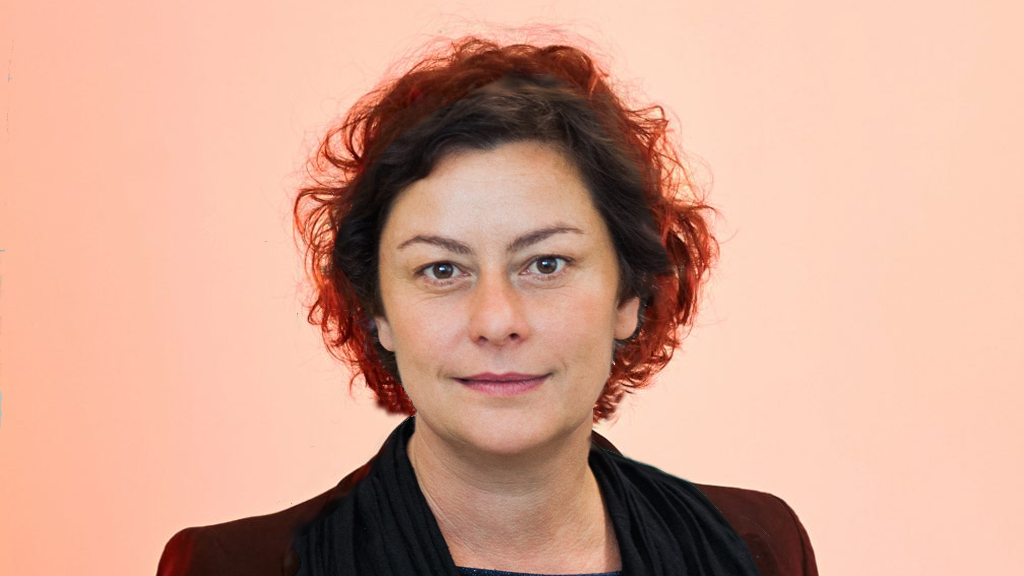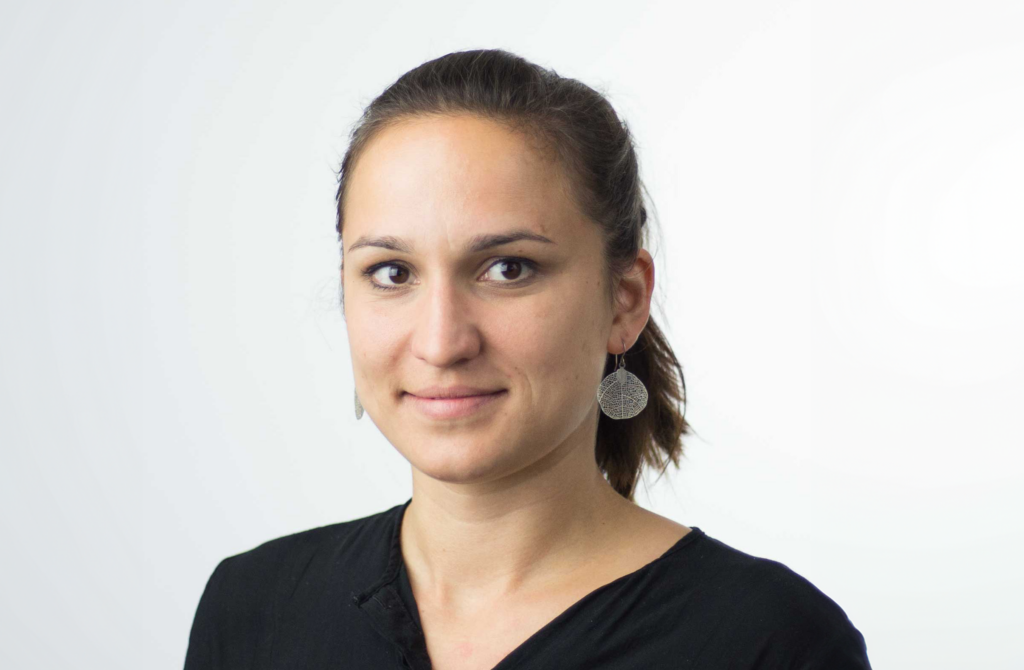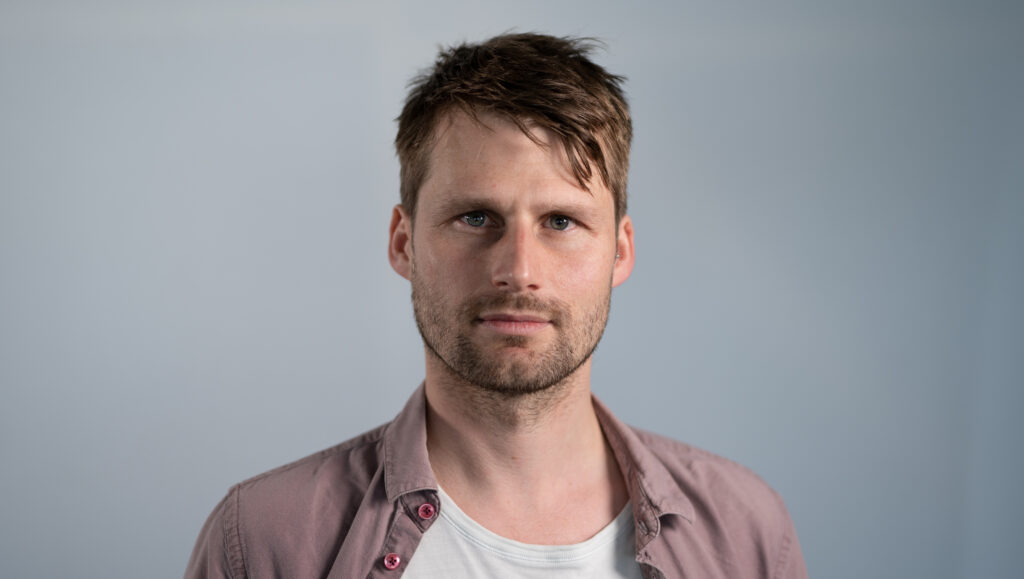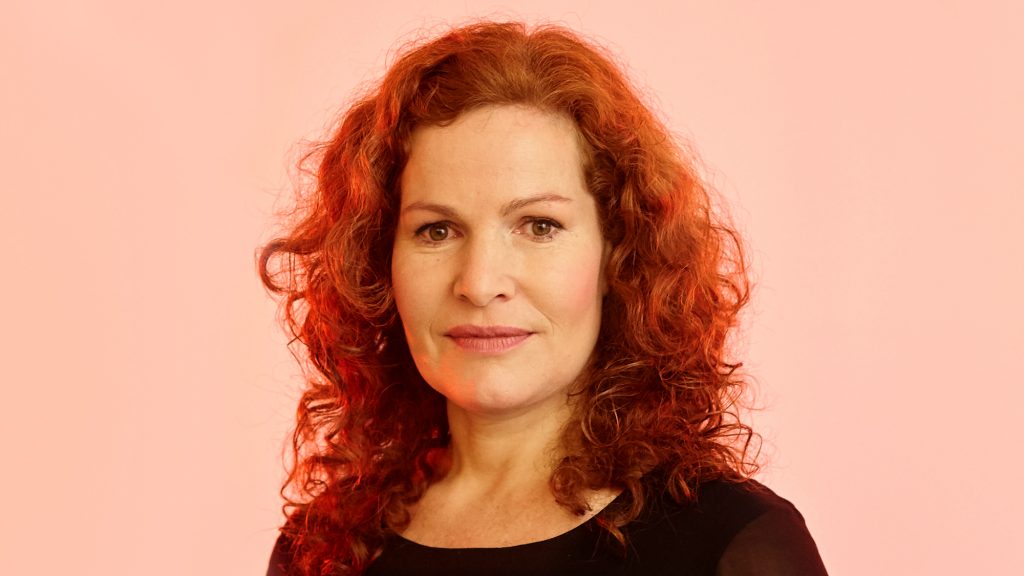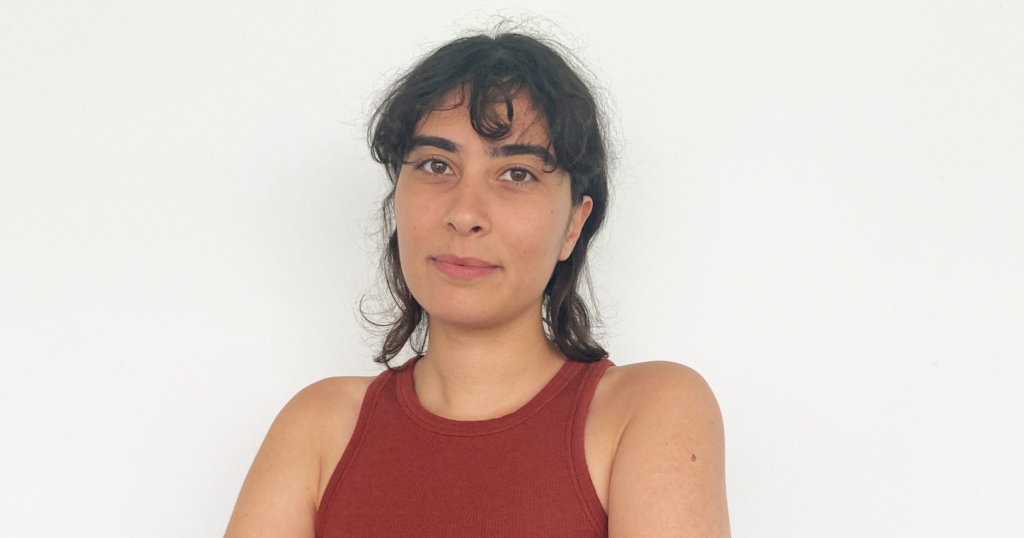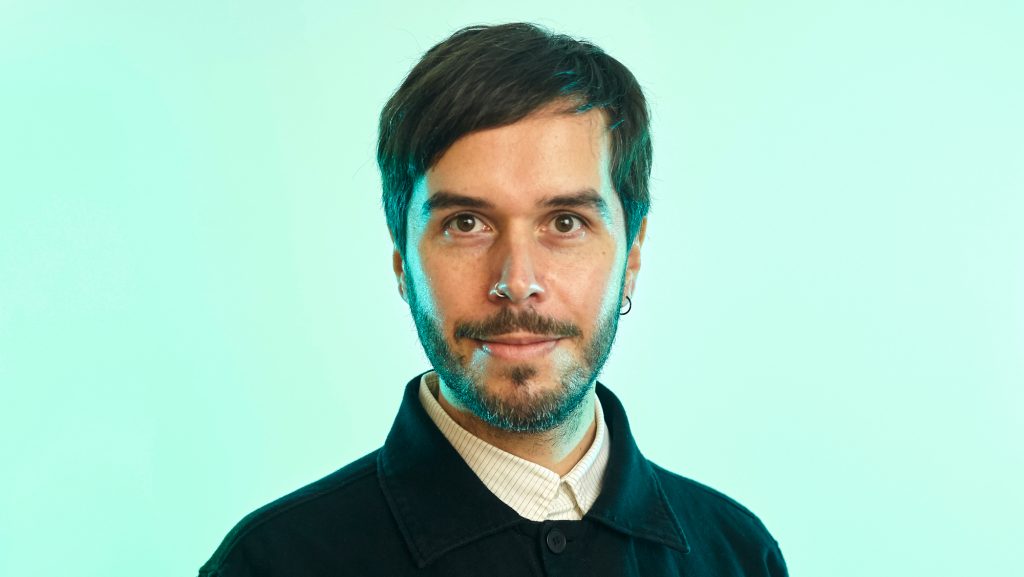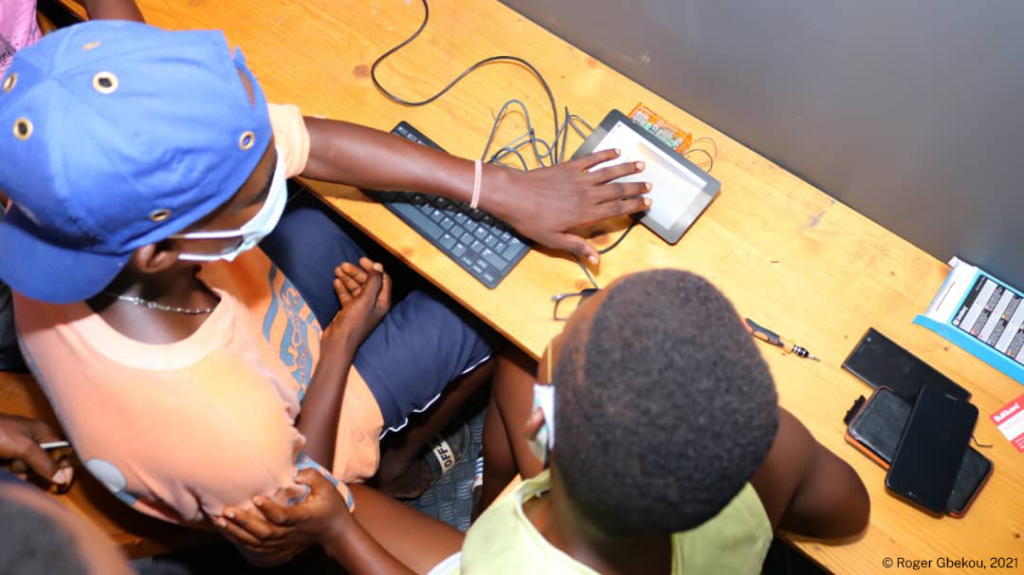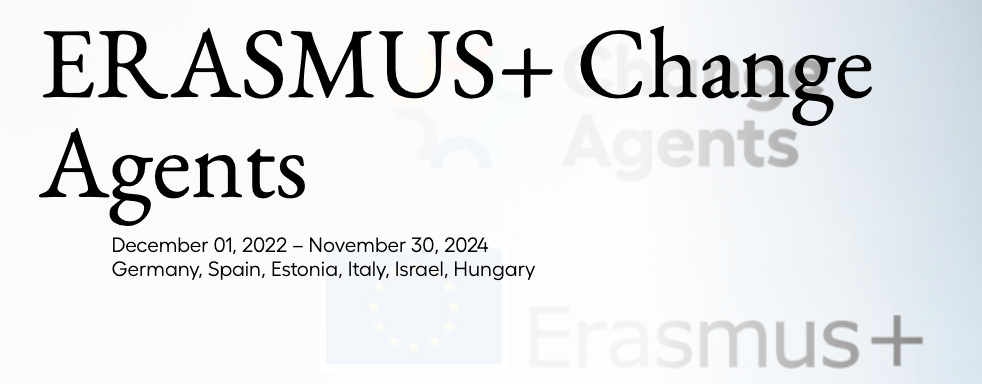Things don’t always go as planned. Instead of further indulging in the collective imaginaries of better, digitally mediated futures with promises of participation and grassroots democracy, today’s narratives are dominated by rather troublesome aspects of the digital transformation. Issues such as the increasing inequality, the surveillance and manipulation of individuals and, thus, the systematic undermining of democratic values have become more and more threatening for an open society. In this shift of narratives, the notion of digital sovereignty is witnessing an increasing interest. The term now serves to denote diverse concepts that negotiate competences, duties and rights in the digital age.
This symposium with its associated exhibition and workshops addresses digital sovereignty as a right to be claimed and a process constantly in the making; as a condition of the ability to critically partake in the digitally mediated societies of today and to help shaping those of tomorrow.
Emphasizing this political and transformative significance of the term, the event provides a stage for scholars, activists, artists and human rights advocates which develop practices or provide spaces and structures to foster means of digital sovereignty. Its aim is to identify diverse facets of what it means to be digitally sovereign, but also critically discuss the viability of the term: What imaginaries do we develop, what agenda should we pursue and how can we implement them? Or do we have to fundamentally revisit our terms and strategies in the question of how to shape digital societies?
With: Renata Avila, Tatiana Bazzichelli, Juan Pablo Garcia Sossa, Max von Grafenstein, Adam Greenfield, Philipp Grunewald, Claudio Guarnieri, Adam Harvey, Bianca Herlo, Arne Hintz, Daniel Howe, Fieke Jansen, Gesche Joost, Denisa Kera, Fabrizio Lamoncha, Liat Lavi, Joana Moll, Julian Oliver, Julia Pohle, Bill Posters, Lutz Reiter, Thorsten Thiel, Danja Vasiliev, Andreas Unteidig, Kersti Ruth Wissenbach
A concept by: Bianca Herlo, Andreas Unteidig, Philipp von Becker, Daniel Irrgang, Elizabeth Calderón Lüning, Paola Pierri




